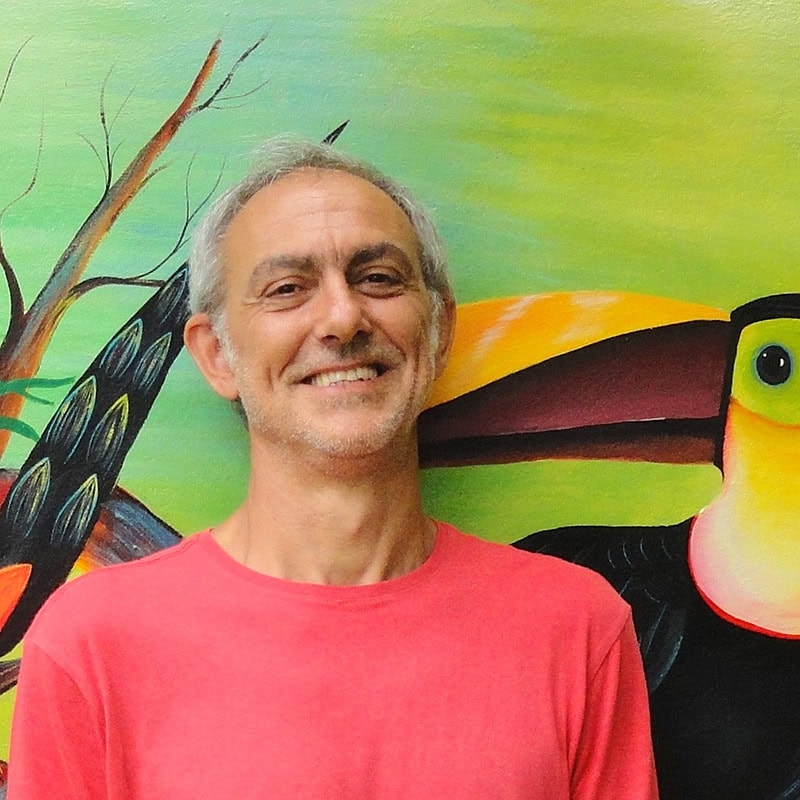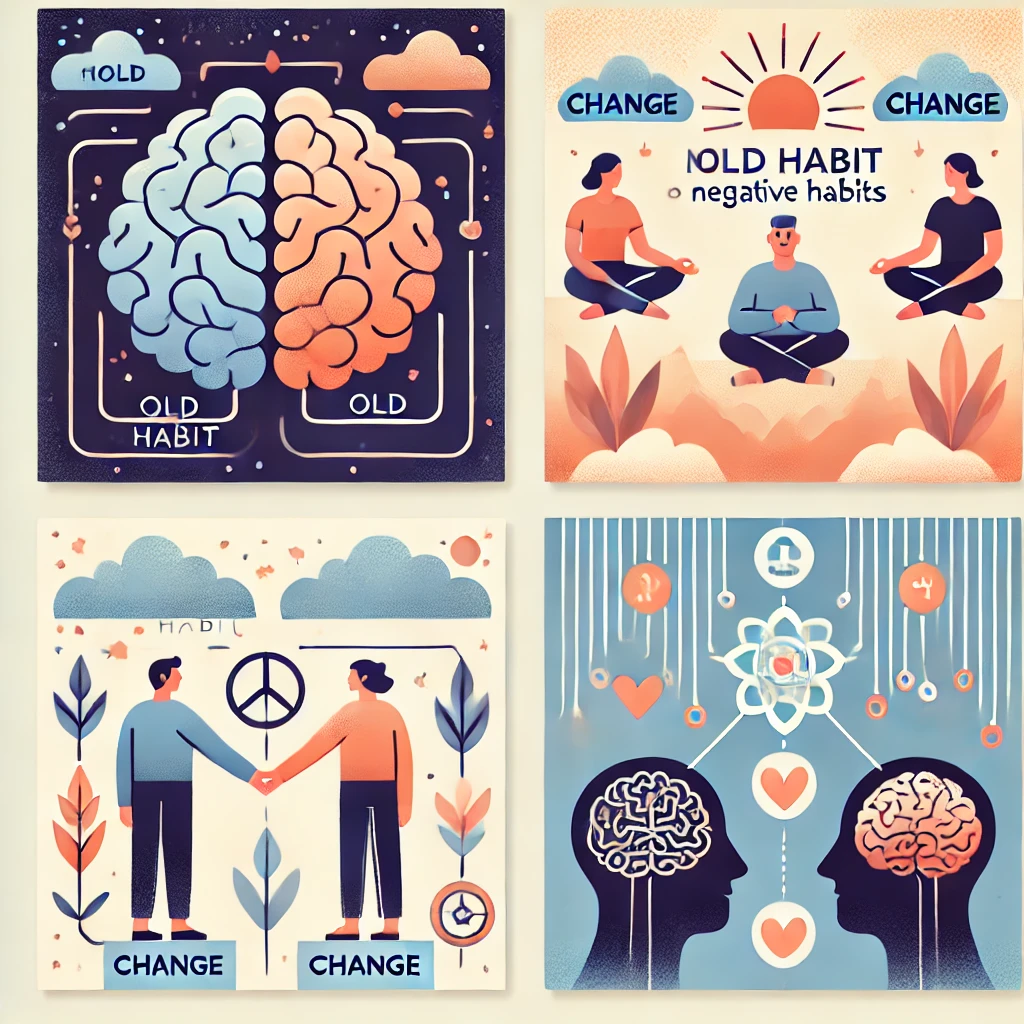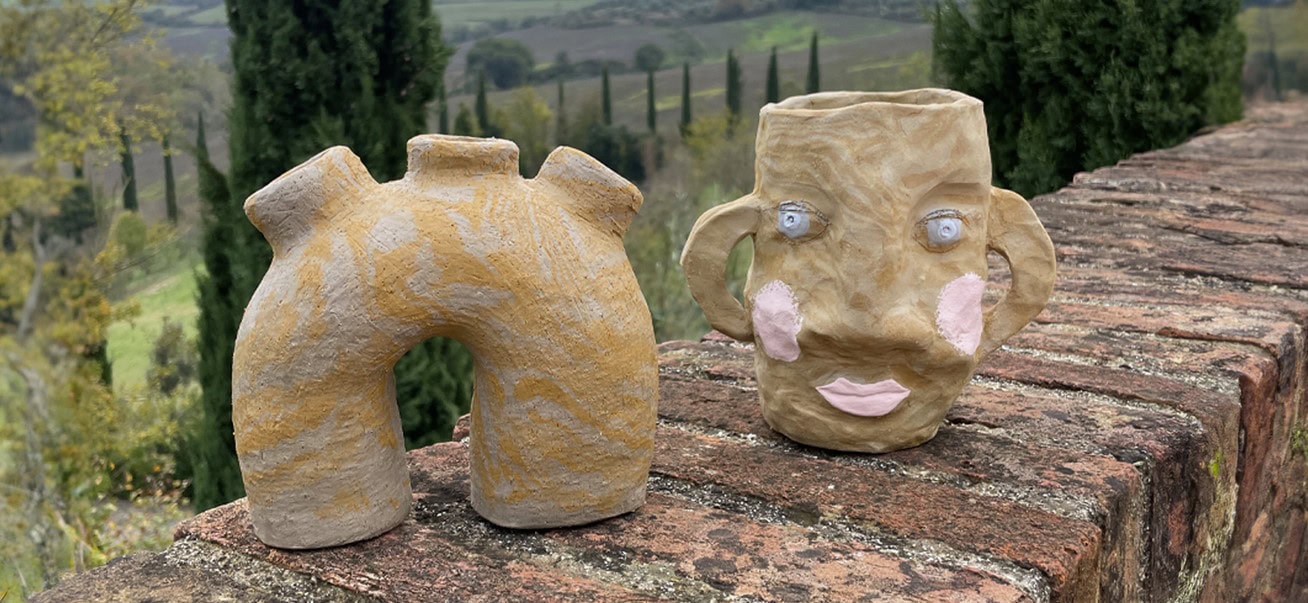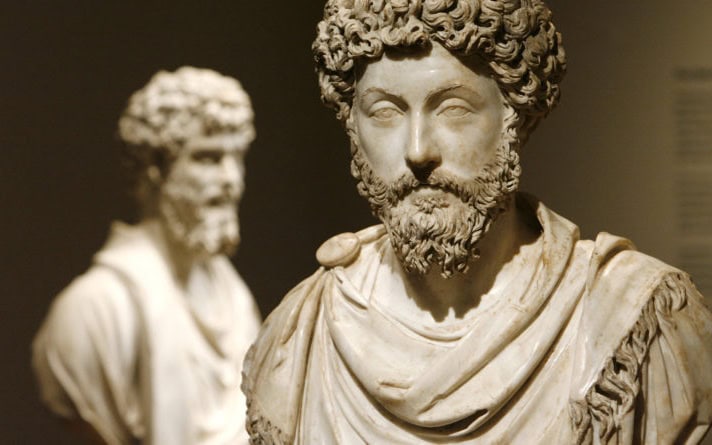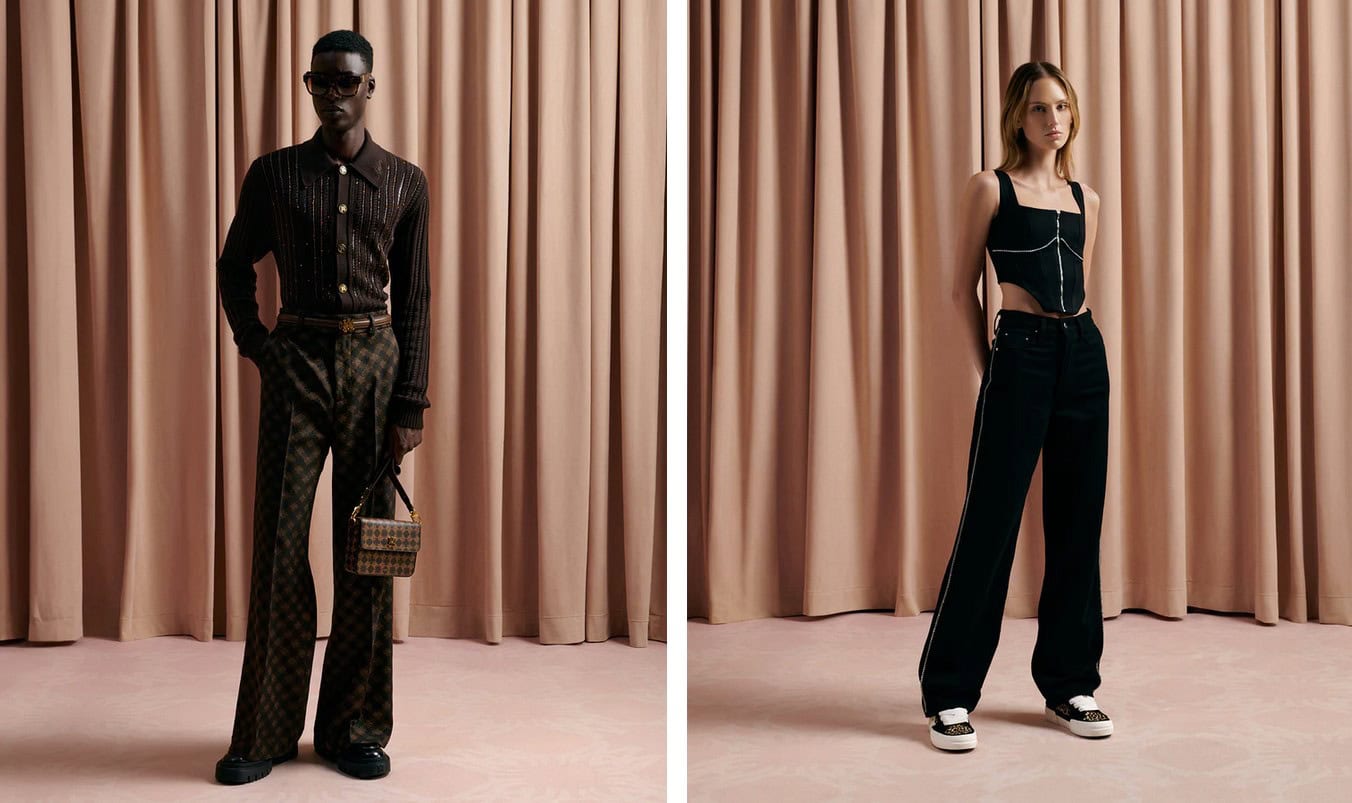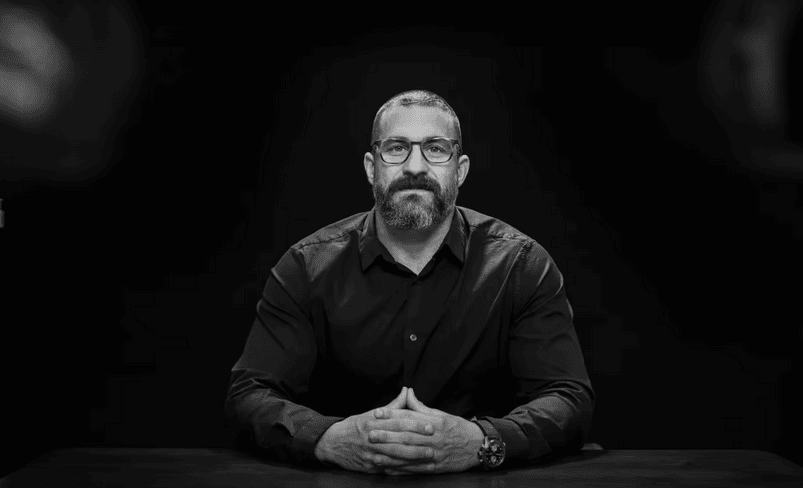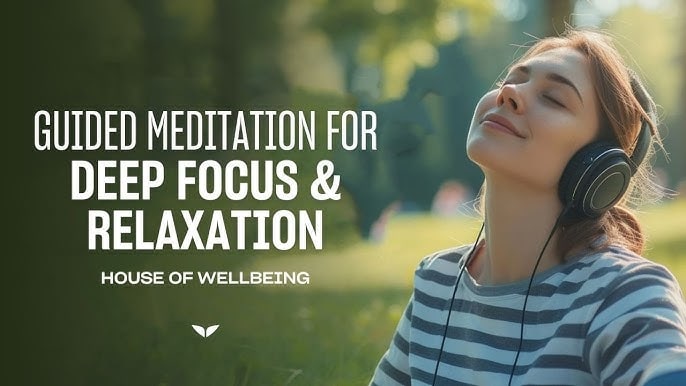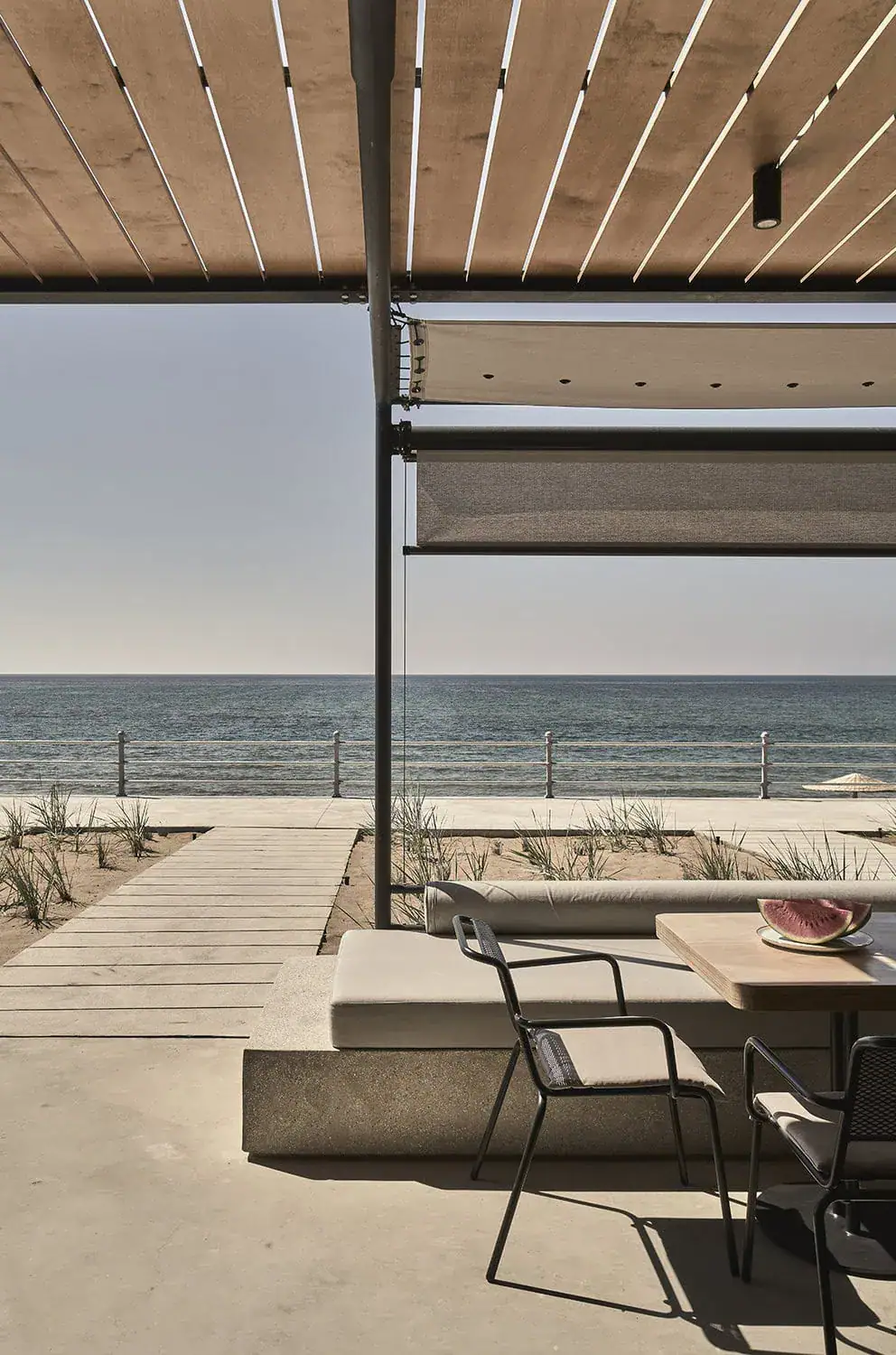Dan Buettner on the secrets of the world’s healthiest communities
119 results for
stress
In an era where urbanization distances us from nature, Marco Nieri, a bio-researcher and expert in eco-design and habitat health, has dedicated his life to rediscovering the profound connection between humans and the natural world. His work is not just a scientific exploration—it is a mission to reconnect people with the healing potential of nature, blending biophysics, ecology, and ancient wisdom.
PIA KNOESTER, THE VISIONARY BEHIND HELGABAD, SHARES HER JOURNEY FROM THE BEAUTY AND PERSONAL CARE INDUSTRY TO THE CREATION OF A BRAND CENTRED AROUND WATER
AND MINDFULNESS. HELGABAD IS NOT JUST ABOUT PRODUCTS; IT’S ABOUT ENHANCING EVERY-
DAY MOMENTS INTO SOMETHING SACRED. IN THIS INTERVIEW, PIA EXPLORES THE SIGNIFICANCE
OF WATER IN BOTH PHYSICAL AND MENTAL WELL-BEING, AND HOW HER PERSONAL EXPERIENCES SHAPED HER UNDERSTANDING OF ITS POWER.
Changing behavior can be one of the greatest challenges for humans, even when negative consequences affect our own well-being or that of others. From unhealthy eating habits to recurring emotional reactions, breaking away from unhealthy patterns is difficult. Insights from recent psychology and neuroscience research, along with wisdom from spiritual teachings, shed light on why we remain trapped in certain habits and offer strategies to help us break free.
Nestled in the rolling hills of Tuscany, surrounded by cypress trees and olive groves, lies Villa Giuncheto – a sanctuary of tranquility and inspiration. Here, the Clayground Retreat takes place, offering a unique experience that blends art, mindfulness, and nature. Artists Anna Riess and Fira Rietveld have developed a concept that unites the creative process with a deep connection to the earth. The goal is not to create a perfect piece of art, but to fully experience the moment – with hands, heart, and all the senses.
Stoicism, a philosophical school originating in ancient Greece, is experiencing a renaissance in today's fast-paced and often overwhelming world. Its central principles not only provide guidance during uncertain times but also offer a framework for mindful and balanced living. This article explores the profound philosophy of Stoicism, its historical roots, and its relevance in modern society.
In a world characterised by rapid change, uncertainty and the search for meaning, a work that was written thousands of years ago is becoming increasingly important: the Bhagavad Gita. Originally written in Sanskrit and part of the Indian epic Mahabharata, it was probably composed around 500-200 BC, although its exact date of origin is not certain.
Amiri, the Californian fashion label, skillfully blends the aesthetics of rock 'n' roll with luxurious materials and innovative cuts. What started as a small collection has grown into an international success, now synonymous with edgy streetwear at the highest level.
In a world overflowing with information and advice on personal development, the Huberman Lab Podcast by Dr. Andrew Huberman stands out due to its rigorous scientific approach. As a neuroscientist and professor at Stanford University School of Medicine, Dr. Huberman provides listeners with evidence-based strategies to optimize daily life.
Studio Curiosity from Tokyo has designed the Light House, a concept store for the fashion label m-i-d in Osaka, Japan. The result is a place where art, architecture and fashion merge in yellow light.
Struggling to find peace after a long, busy day? House of Well-Being presents a meditation experience that unlocks the power of mindfulness and focus. Delve into this calming session and let go of the day's tension.
Founded by Swiss designers Christa Bösch and Cosima Gadient, Ottolinger is a fashion label that has redefined the boundaries of contemporary avant-garde fashion. Known for their daring deconstruction, bold experimentation, and a unique blend of luxury and grunge, Ottolinger’s aesthetic challenges traditional norms and embraces raw, imperfect beauty.


